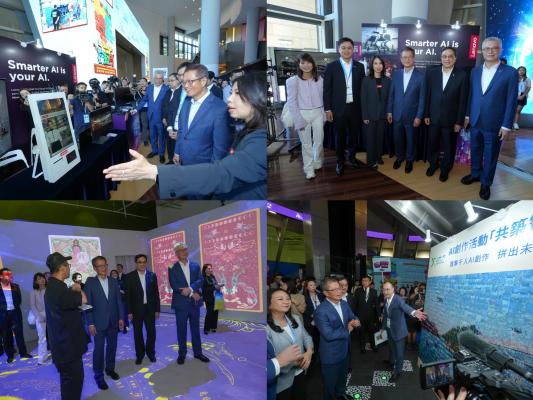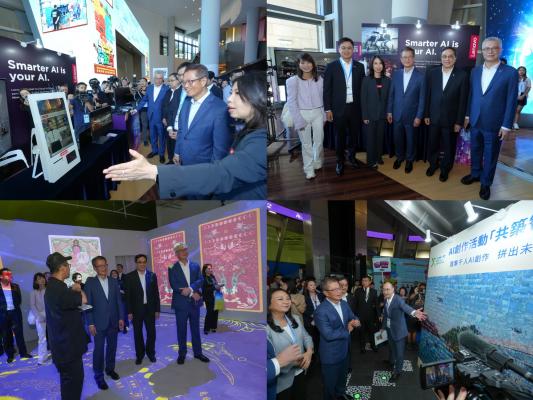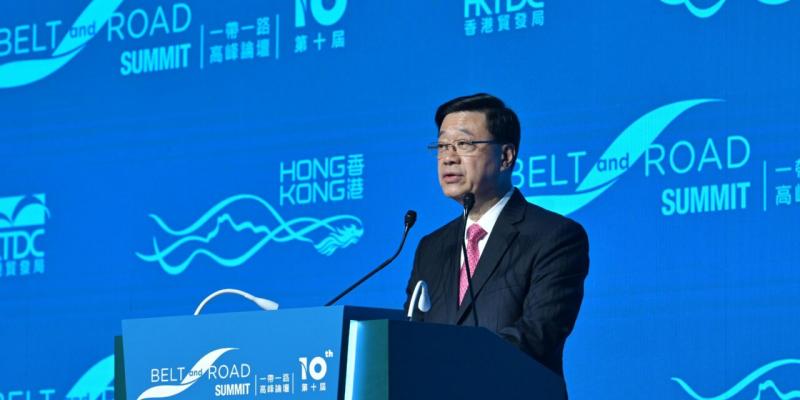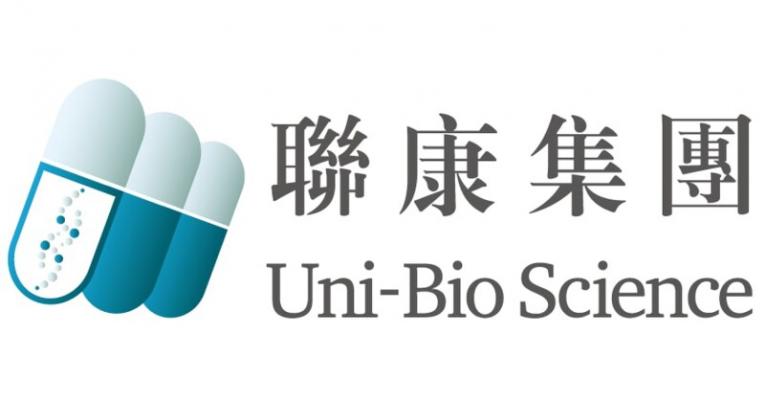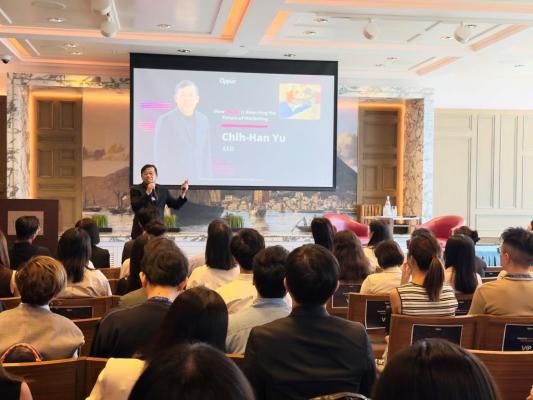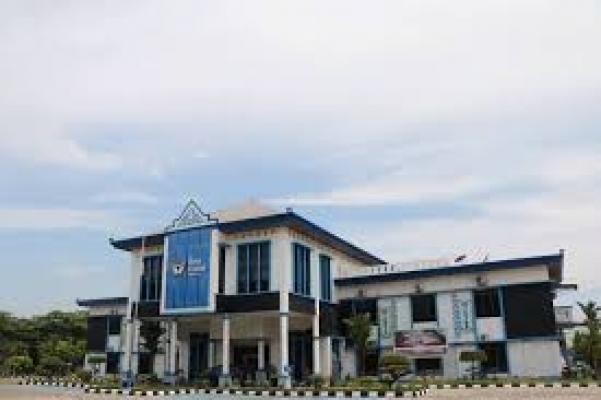- Home
- MediaOutReach
- Global Report puts Evidence as Heart of Better Philanthropy to Tackle Complexity
Global Report puts Evidence as Heart of Better Philanthropy to Tackle Complexity
Sabtu, 13 September 2025 | 08:45
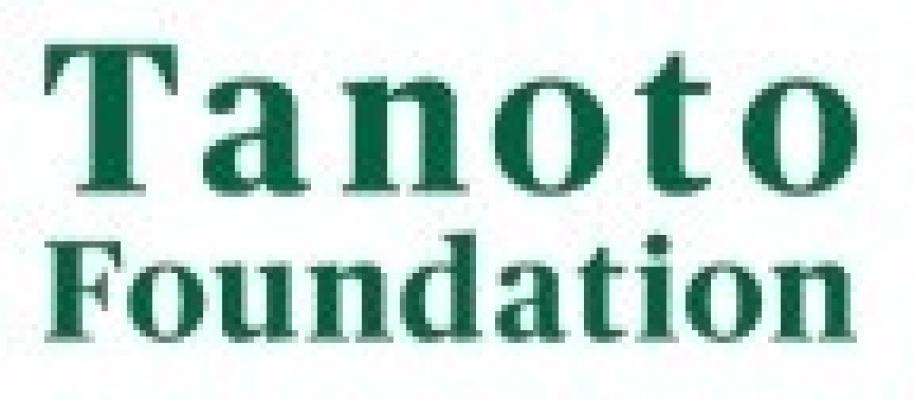
HONG KONG SAR -
Media OutReach Newswire
- 12 September 2025 - At a time when governments, development agencies,
and NGOs strive to address complex social challenges, the necessity to
demonstrate real, sustainable results has never been greater. To remain
effective, philanthropy must move with purpose, not only to fund
initiatives but also to embrace measurement and evidence as a compass
for decision-making and meaningful social change. To help the
philanthropic sector do good, better, Tanoto Foundation launched
The Evidence Behind Better Philanthropy report at the AVPN Global Conference in Hong Kong.
The study, developed in partnership with the Centre for Evidence and Implementation (CEI), provides a first-of-its-kind comparative analysis of how leading global foundations practice monitoring, evaluation, and learning (MEL), a much-discussed but often elusive cornerstone of effective philanthropy. By combining in-depth interviews with foundation leaders and an extensive review of global practice, the report offers timely insights from some of the world's most influential funders on how evidence is shaping strategy, guiding adaptation, and enabling more collaborative approaches to impact across diverse and complex contexts.
Benny Lee, CEO of Tanoto Foundation, said: "For philanthropy to do good, it must also do better, because today's challenges are more complex and interconnected. At Tanoto Foundation, we see evidence not just as a tool for accountability, but as a compass for strategy. By embedding monitoring, evaluation, and learning at the heart of decision-making, we can steward resources more effectively and contribute to meaningful, lasting social change."
The report identifies 10 key findings, clustered into three broad themes for the philanthropic sector:
1. Strategy and Decision-Making: Embedding evidence into strategy through integrated "SMEL" (Strategy, Monitoring, Evaluation, and Learning) ensures programmes are responsive and adaptive, reducing wasted resources and increasing policy effectiveness.
2. Culture and Capacity: A learning culture, backed by senior leadership and grantee capacity-building, enables funders and implementers to course-correct in real time – critical for large-scale reforms and systems change.
3. Tools and Ecosystem for Impact: Flexible evaluation methods, a focus on contribution over attribution, and strategic communication help funders, governments, and NGOs align their efforts and scale what works.
Murni Leo, Global Head of Measurement, Learning and Evaluation at Tanoto Foundation, added: "This study reflects our belief that learning should not stop at compliance, but drive continuous improvement. At Tanoto Foundation, we have embedded MEL into how we design programmes, test assumptions, and adapt in real time. By sharing global practices openly, we hope to encourage a culture of collaboration where funders and partners alike can strengthen their use of evidence. When the sea rises, all boats rise—and MEL is one way to lift the sector together."
The report aims to support decision-makers across sectors to design more effective interventions, strengthen accountability, and collaborate for systemic change.
The full report is now available and can be downloaded via the Tanoto Foundation website.
The study, developed in partnership with the Centre for Evidence and Implementation (CEI), provides a first-of-its-kind comparative analysis of how leading global foundations practice monitoring, evaluation, and learning (MEL), a much-discussed but often elusive cornerstone of effective philanthropy. By combining in-depth interviews with foundation leaders and an extensive review of global practice, the report offers timely insights from some of the world's most influential funders on how evidence is shaping strategy, guiding adaptation, and enabling more collaborative approaches to impact across diverse and complex contexts.
Benny Lee, CEO of Tanoto Foundation, said: "For philanthropy to do good, it must also do better, because today's challenges are more complex and interconnected. At Tanoto Foundation, we see evidence not just as a tool for accountability, but as a compass for strategy. By embedding monitoring, evaluation, and learning at the heart of decision-making, we can steward resources more effectively and contribute to meaningful, lasting social change."
The report identifies 10 key findings, clustered into three broad themes for the philanthropic sector:
1. Strategy and Decision-Making: Embedding evidence into strategy through integrated "SMEL" (Strategy, Monitoring, Evaluation, and Learning) ensures programmes are responsive and adaptive, reducing wasted resources and increasing policy effectiveness.
2. Culture and Capacity: A learning culture, backed by senior leadership and grantee capacity-building, enables funders and implementers to course-correct in real time – critical for large-scale reforms and systems change.
3. Tools and Ecosystem for Impact: Flexible evaluation methods, a focus on contribution over attribution, and strategic communication help funders, governments, and NGOs align their efforts and scale what works.
Murni Leo, Global Head of Measurement, Learning and Evaluation at Tanoto Foundation, added: "This study reflects our belief that learning should not stop at compliance, but drive continuous improvement. At Tanoto Foundation, we have embedded MEL into how we design programmes, test assumptions, and adapt in real time. By sharing global practices openly, we hope to encourage a culture of collaboration where funders and partners alike can strengthen their use of evidence. When the sea rises, all boats rise—and MEL is one way to lift the sector together."
The report aims to support decision-makers across sectors to design more effective interventions, strengthen accountability, and collaborate for systemic change.
The full report is now available and can be downloaded via the Tanoto Foundation website.
BERITA LAINNYA

Sabtu, 13 September 2025 | 09:52
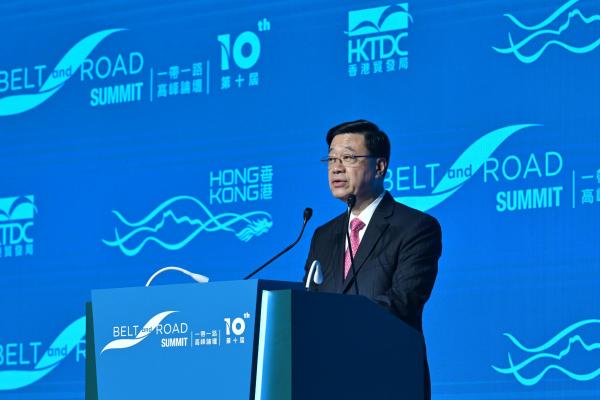
Sabtu, 13 September 2025 | 08:50
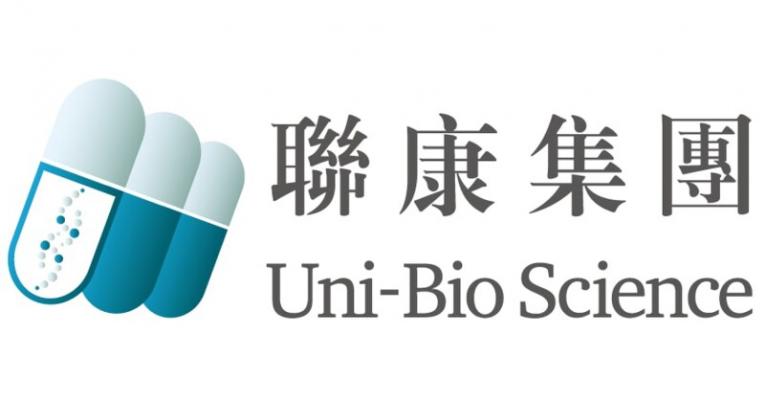
Sabtu, 13 September 2025 | 08:49
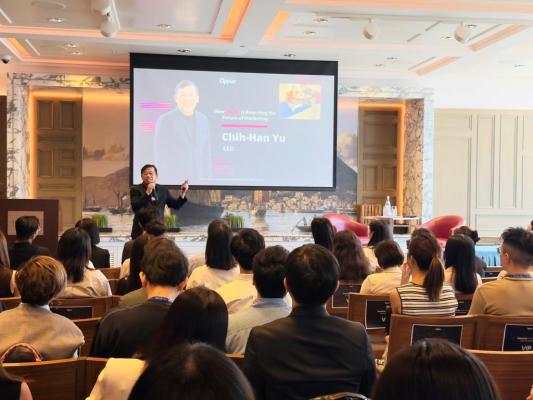
Sabtu, 13 September 2025 | 08:48

Sabtu, 13 September 2025 | 08:48
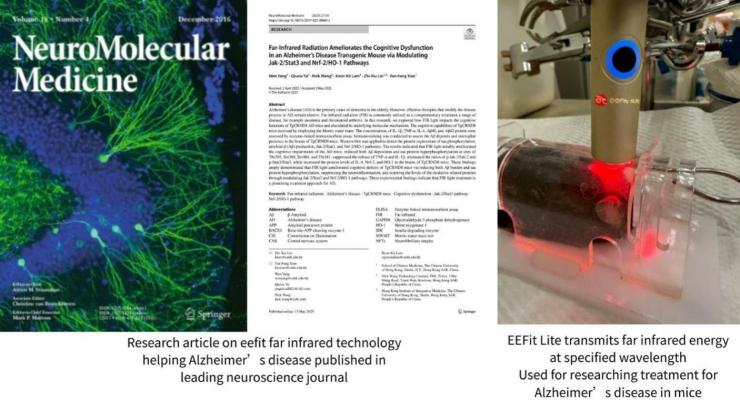
Sabtu, 13 September 2025 | 08:46
Sabtu, 13 September 2025 | 08:45

Sabtu, 13 September 2025 | 08:45

Sabtu, 13 September 2025 | 08:43

Jumat, 12 September 2025 | 13:40

Jumat, 12 September 2025 | 13:39


